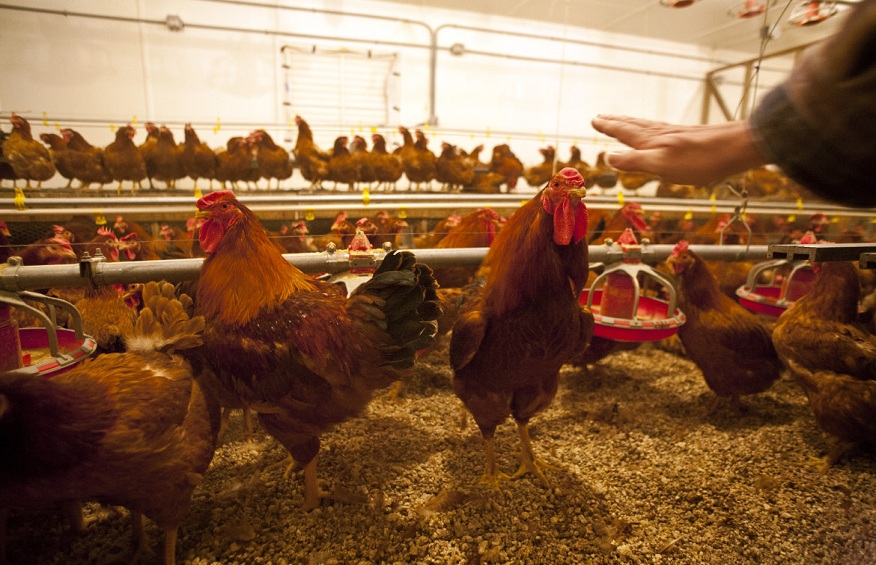Industrialized farming has been renowned for years to be a dependable way to produce a large quantity of food at a relatively cost-effective price. However, it necessarily is not the bargain it was once believed to be. In fact, unsustainable industrial agriculture may pollute water, air, and soil, as well as destroy wildlife. It also is among the major sources of greenhouse gases as well. Hence, for the betterment of the environment, Hillandale Farms and similar organizations have been proactive about incorporating sustainable measures in their operations.
Hillandale Farms points out a few reasons that underline the importance of sustainable farming
Sustainable farming implies to a farming approach that meets the needs of existing and future generations, while also ensuring environmental health, social and economic equity, as well as profitability. It largely favors distinctive techniques that emulate nature for the purpose of preserving soil fertility, conserving fossil fuels, preventing water pollution, and protecting biodiversity.
There are many reasons that make sustainable farming immensely important in the current landscape, such as:
- Nourishes and restores the soil: Conventional agriculture styles were characterized by heavy tillage and expansive use of fertilizers for increasing the output of the farm. Even though fertilizers can help spur plant growth, they often lead to polluted runoff water that hampers the environment. Moreover, high use of fertilizers is not only harmful to soil ecology but may also negatively impact the well-being of humans. Conventional industrialized farming methods are not able to nourish the soil with the essential nutrients required to grow highly nutritious plants, which ultimately results in crops that are pretty susceptible to drought, diseases, and pests. Fortunately, new-age sustainable farming practices put a high level of emphasis on soil nourishment, leading to healthier plants. Using natural fertilizers and practicing crop rotation helps make sure that the soil is free from toxic compounds that may harm humans, animals, and even pollinators.
- Saves energy: Typical industrialized farming methods often rely on energy-intensive machinery. This is among the reasons why farming is one of the leading sources of greenhouse gas emissions in the world today. Sustainable farming style embraces smart farming systems and leverages less energy-intensive tools. Farms like Hillandale Farms even use solar power at several of its facilities. Moreover, the staff members of Hillandale staff have actually worked closely with the Connecticut Clean Energy Fund that leverages resources to drive investment and increase the clean energy infrastructure of the state.
- Conserves and protects water: Traditional industrial agriculture used a lot of water to irrigate the vast tracts of land under cultivation, but did not pay any such attention to conserving water. In contrast to such conventional approaches, sustainable agricultural systems actually make use of multiple techniques to conserve water, like mulching and drip irrigation. Top egg farms in the United States even have in-house water treatment inside their facility.
Sustainable farming is mostly localized and puts a good degree of emphasis on domestic food production. Consequently, this localized food system allows farmers to competently reinvest their money within their communities where it circulates. This ultimately uplifts the living standards of community members while also creating local jobs.





